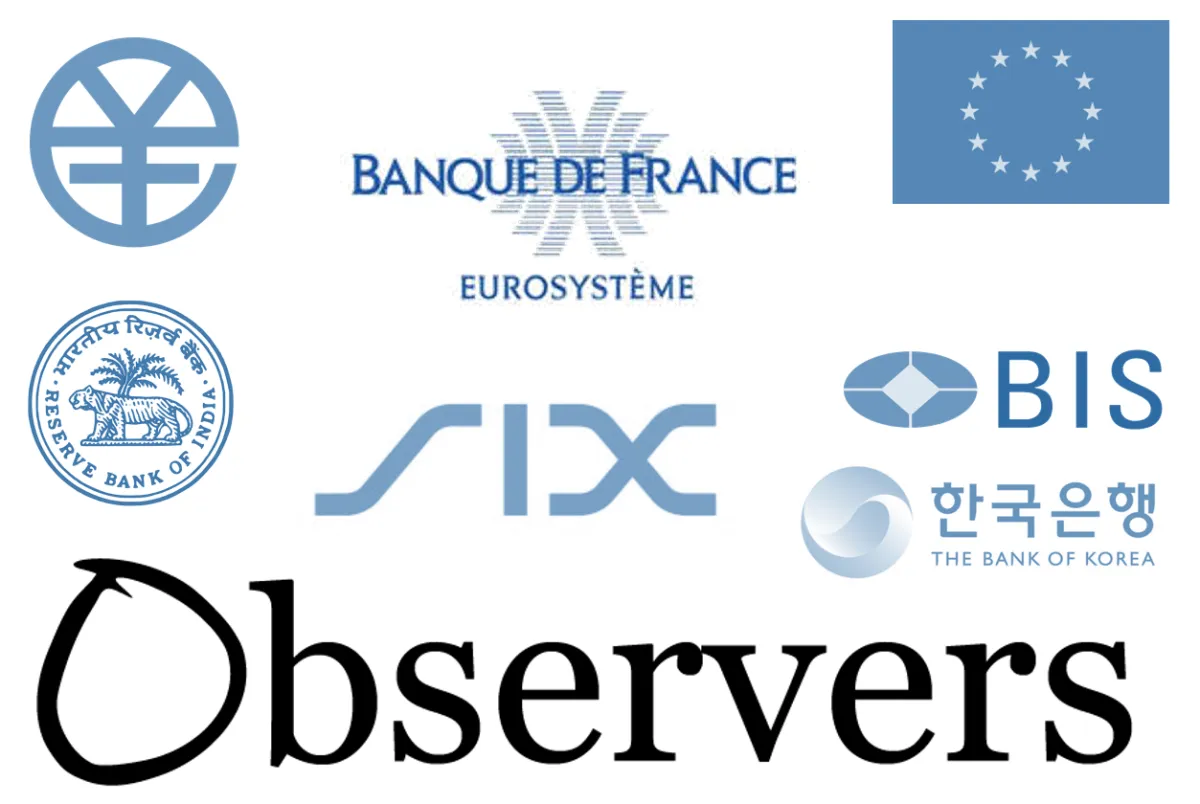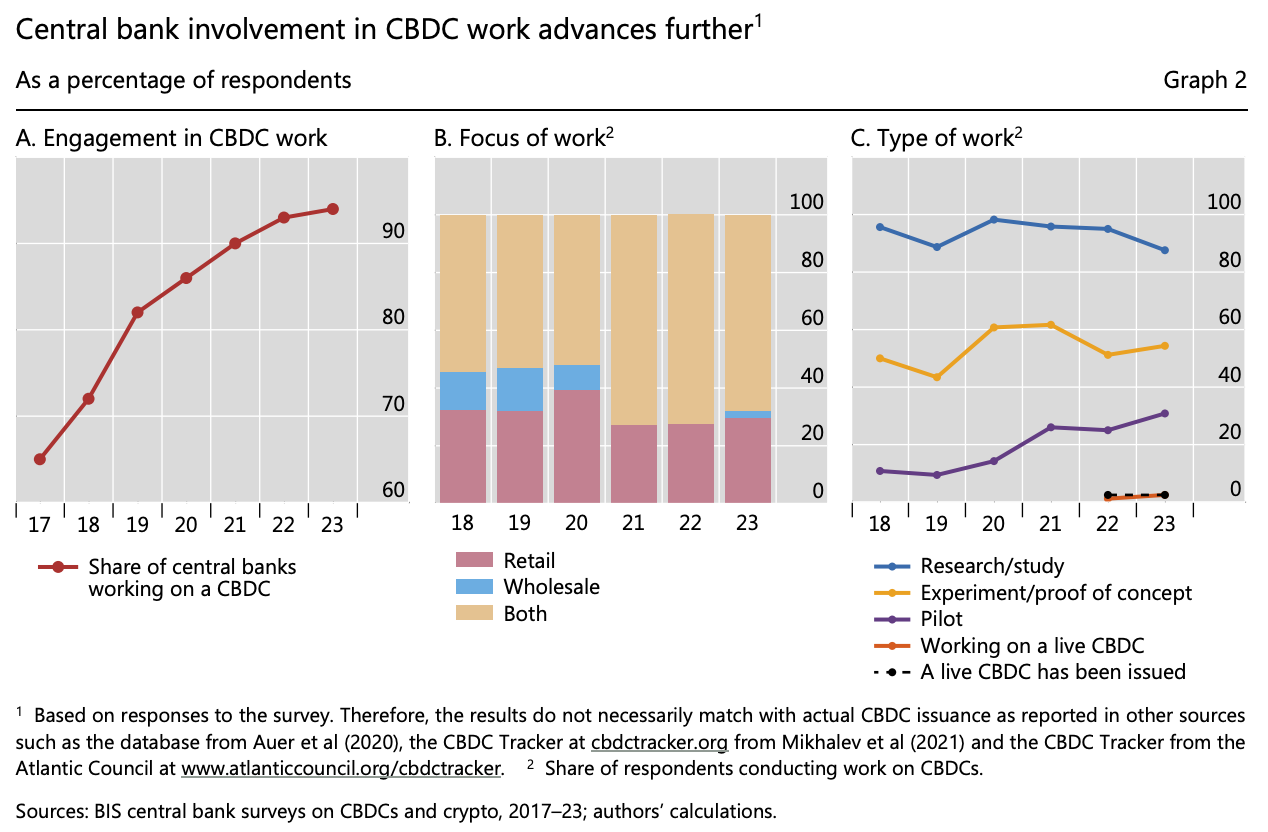Banking CBDC Roundup, Observers, CBDC, e-CNY, Digital Euro, Banque de France, HKMA, Project Venus, SNB, SIX Digital Exchange, BIS, e-rupee, South Korea, Standard Chartered, Unstoppable Domains
Banking and CBDC Weekend Roundup: 29/06/2024
The ECB issues a progress report on the digital euro, demand for the e-rupee sinks in India, while China integrates e-CNY in the insurance payment systems





